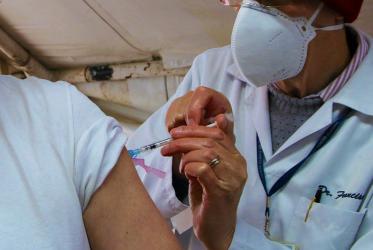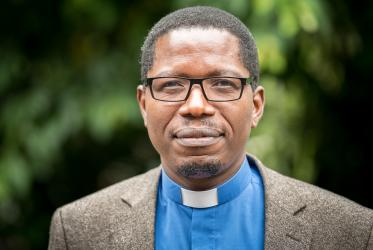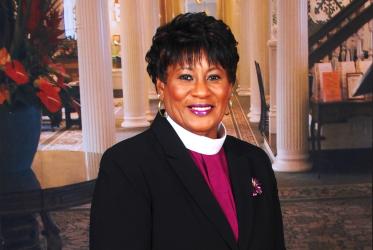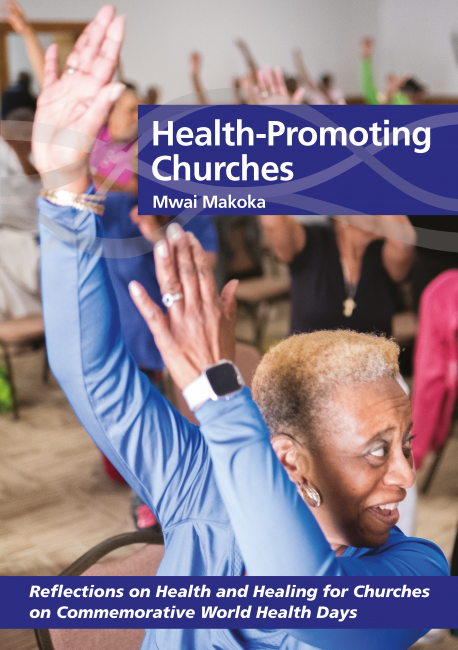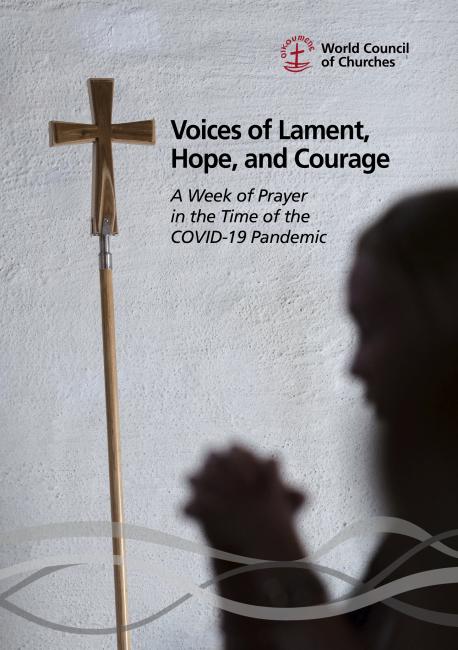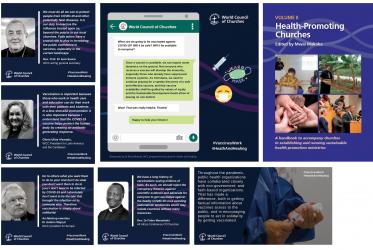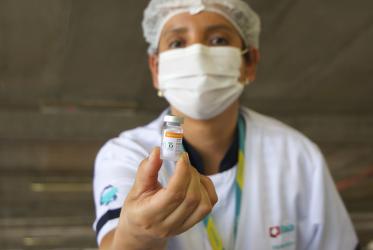Displaying 81 - 100 of 119
Churches offer some relief in Kenya’s drought disaster
16 September 2021
Walk the Talk
A Toolkit to Accompany the "Roadmap for Congregations, Communities and Churches for an Economy of Life and Ecological Justice"
31 August 2021
Les Églises au Service de la Promotion de la Santé
Réflexions sur la santé et la guérison pour les églises lors des Journées mondiales de la santé
30 June 2021
Voix de Lamentation, d’Espoir et de Courage
Une Semaine de prière au temps de la pandémie de COVID-19
29 April 2021
Le COE répond à vos questions sur les vaccins
28 April 2021







